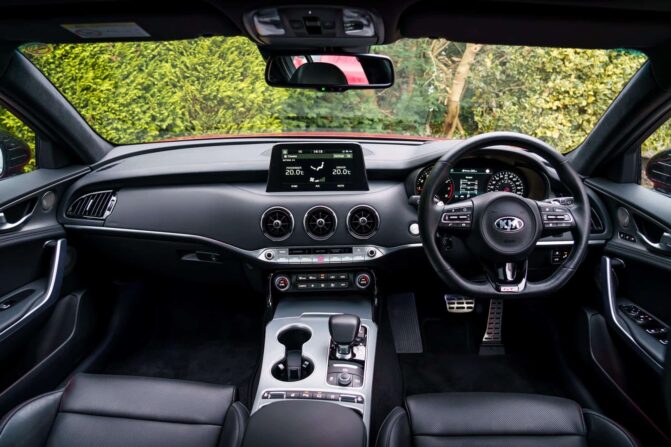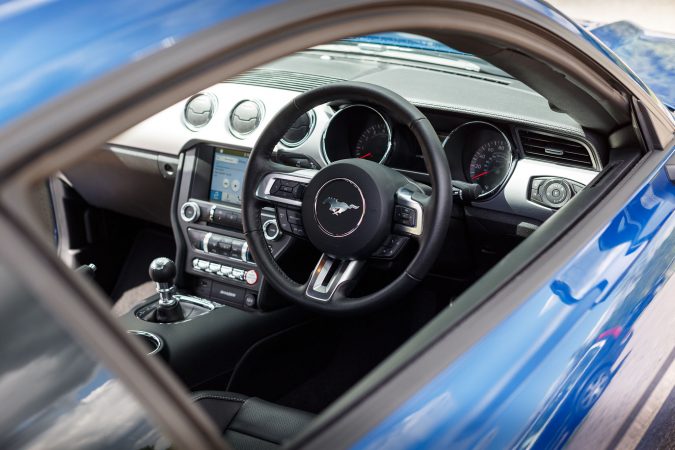Are you curious about how the advent of hybrid and electric vehicles might affect traditional automotive components like clutch kits from Clutch Direct NZ?
With the rising popularity of these innovative vehicles, you may wonder whether clutch kits will continue to play a significant role in the automotive industry.
The Role of Clutch Kits in Conventional Vehicles
Clutch kits have been fundamental in traditional vehicles, especially those with manual transmissions.
They enable smooth engagement and disengagement of power transmission from the engine to the wheels.
A clutch kit typically includes a clutch disc, a pressure plate, and a release bearing.
These components work in harmony to control the transfer of engine power, enabling drivers to shift gears seamlessly.
The Transition to Hybrid and Electric Vehicles
What Sets Hybrid and Electric Vehicles Apart?
Hybrid vehicles combine an internal combustion engine with an electric motor and battery, whereas electric vehicles rely solely on electric power.
This transition marks a significant departure from conventional engines and transmissions, raising questions about the future demand for clutch kits.
The Impact on Manual Transmissions
As automakers shift towards electric powertrains, the prevalence of manual transmissions is declining.
With the near absence of a clutch in pure electric vehicles, traditional clutch kits are not required in the same way.
This poses a significant challenge for clutch kit manufacturers as their traditional market shrinks.
Emerging Trends in Clutch Kit Technology
Advanced Clutch Systems for Hybrid Vehicles
Some hybrid vehicles still incorporate internal combustion engines, maintaining a role for clutch kits.
Innovations in clutch technology continue to evolve to accommodate new hybrid systems.
Advanced clutch systems are being developed to manage the complexity of hybrid powertrains efficiently.
Adaptive Clutch Control
Adaptive clutch control is another area of development, aiming to enhance performance and improve fuel efficiency in hybrid models.
These systems adjust clutch engagement and disengagement in response to driving conditions, optimizing power transfer without compromising comfort.
The Role of Clutch Kits in Hybrid Vehicles
Understanding Hybrid Transmissions
Hybrid vehicles often employ automatic transmissions or continuously variable transmissions (CVTs), which differ significantly from manual systems.
In such setups, traditional clutch kits find limited use, but specially designed clutches may still play a role in certain hybrid transmissions.
Dual Clutch Systems
Some hybrid vehicles utilize dual-clutch transmissions, which still require clutch components.
Dual clutch systems offer quicker gear changes and improved fuel efficiency, providing a potential avenue for the development of clutch kits tailored for hybrid vehicles.
The Future of Clutch Kits in the Automotive Industry
Increasing Demand for Flexibility
As the automotive industry evolves, the need for components that can operate effectively in multiple vehicle types is paramount.
While electric vehicles may not require traditional clutches, the demand for adaptable and versatile clutch systems in hybrids remains.
Potential for Aftermarket Expansion
The aftermarket sector may also experience growth as enthusiasts seek performance upgrades and modifications for hybrid and electric vehicles.
This could sustain clutch kit production, focusing on niche markets that demand high-performance components.
Challenges Facing Clutch Kit Manufacturers
Investing in Research and Development
Increased emphasis on research and development can facilitate the creation of specialized clutch systems compatible with hybrid and electric vehicles.
Manufacturers who invest in cutting-edge technologies may unlock opportunities in emerging markets.
Opportunities for Clutch Kits in Alternative Markets
Pursuing Emerging Markets
Regions with a slower adoption of electric vehicles may continue to rely on traditional vehicles, sustaining demand for clutch kits.
Emerging markets might present opportunities for manufacturers to maintain a steady customer base.
Expanding Beyond Automotive Applications
Clutch technology is not limited to automotive applications.
Industries such as agriculture, construction, and aerospace require clutch systems for various machinery and equipment.
Manufacturers could explore these industries to find new revenue streams and applications for their products.
Conclusion
The traditional role of clutch kits in the automotive industry faces challenges.
However, clutch kit manufacturers can remain relevant by adapting to new technologies and exploring emerging markets and alternative applications.
By focusing on innovation and flexibility, modern clutch kits can continue to have a place in the future of the automotive world.


